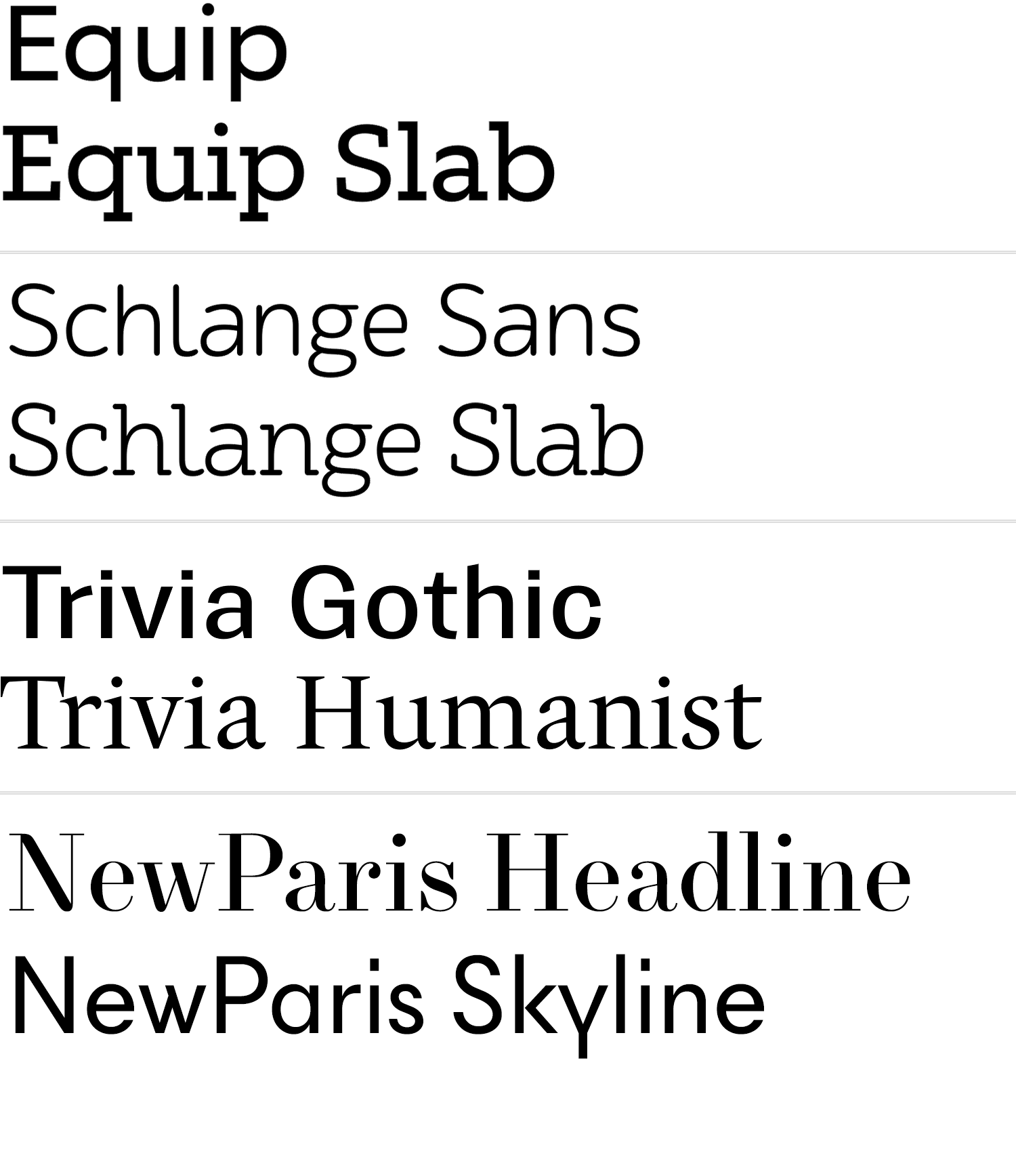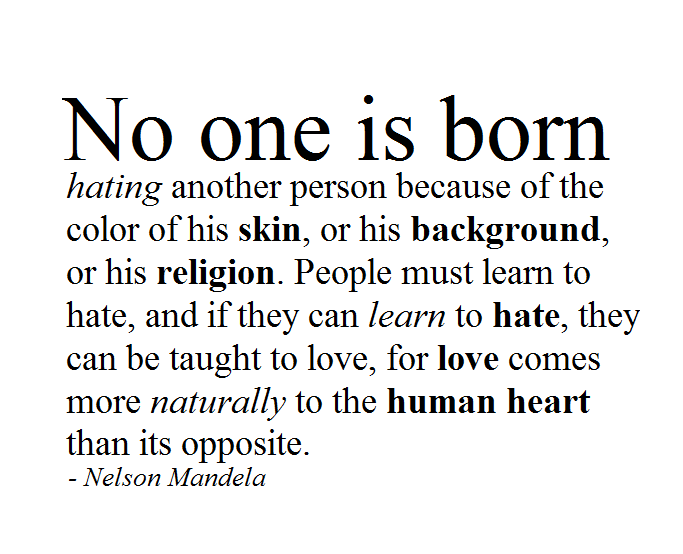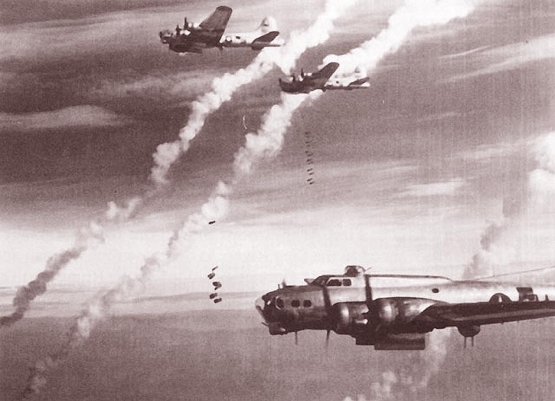Leonardo Bruni 's Rebirth Of European Culture - 781 Words.
Panegyric to the City of Florence It is abundantly clear how Leonardo Bruni feels about the city of Florence. In Panegyric to the City of Florence, he expresses nothing but the highest praise for the city. Every aspect of Florence is backed by a clear reason why it is the best, and there is no other city in the world that can compare.
Leonardo Bruni Leonardo Bruni (1370-1444) was an Italian humanist who is famous for his History of the Florentine People; which was considered one of the greatest works during the Renaissance. Bruni created a new style of writing during his time by trying to give readings more overall meaning, not just a word-for-word translation.
The Theory and Practice of Leonardo Bruni, Giannozzo Monetti and Desiderius Erasmus (Cambridge, 2004), pp. 5-62. Note that Bruni himself has made his translatory assumptions explicit in his essay De interpretatione recto (c. 1424). 5 The most recent edition of this work (with an English translation) is provided in J. Hankins (ed.), Leonardo Bruni.
Bruni’s Panegyric, however, describes one such republic. For purposes of this essay, I shall only concern myself with republicanism as understood by Bruni, as a representative system of governing perfected in the ancient Roman world, which at its heart relied on nobility, aristocracy, and virtue, along with hierarchy and participation, to succeed.
Baldassare Castiglione was an Italian diplomat, writer, and courtier, and one of the most influential authors in Europe during the Renaissance. He wrote poetry in various genres. Il Libro del Cortegiano, or, The Book of the Courtier, was his most well known work. It is a Renaissance courtesy book, c.
Review. Ianziti's book is the first devoted to all of Leonardo Bruni's historical writings--not only the most celebrated Florentine Histories, but ancient and modern biographies as well as essays on ancient history.The result is an admirable book in intellectual history that will be indispensable for Renaissance scholarship.--Riccardo Fubini, University of Florence.
Other posts on the site.
Bruni, Leonardo (also Aretino). Born 1370 or 1374, in Arezzo; died Mar. 8, 1444, in Florence. Italian humanist, writer, and historian. At the basis of Bruni’s world view was faith in the infinite creative potential of man and in his agelong striving for the good. In his moral-philosophical and pedagogical treatises he upheld the idea of the.
Renaissance humanism was a revival in the study of classical antiquity, at first in Italy and then spreading across Western Europe in the 14th, 15th, and 16th centuries. Contemporary use of the term humanism is consistent with the historical use prominent in that period, while Renaissance humanism is a retronym used to distinguish it from later humanist developments.
In “Panegyric to the City of Florence”, Leonardo Bruni begins his lavish praise of the city by stating, “Florence is of such a nature that a more distinguished or more splendid city cannot be found on the entire earth.” (Bruni, 135) To Bruni, the appearance and reality of Florence are one in the same.
After reading “Italy”! A short History, chapter four from page 96 to 119, answer the following questions: Give a definition of the words “Humanism and Humanist”. Explain the reasons why the scholarship was a monopoly of the church during the Middle Ages.Who were the two most important scholars of the first part of the Renaissance.
COVID-19 Resources. Reliable information about the coronavirus (COVID-19) is available from the World Health Organization (current situation, international travel).Numerous and frequently-updated resource results are available from this WorldCat.org search.OCLC’s WebJunction has pulled together information and resources to assist library staff as they consider how to handle coronavirus.
Buy The Divina Commedia of Dante Alighieri: Consisting of the Inferno--Purgatorio--And Paradiso. Tr. Into English Verse, with Preliminary Essays, Notes, and Illustrations, by the Rev. Henry Boyd, Volume 2 by Dante Alighieri, John Scott, Leonardo Bruni (ISBN: ) from Amazon's Book Store. Everyday low prices and free delivery on eligible orders.


















